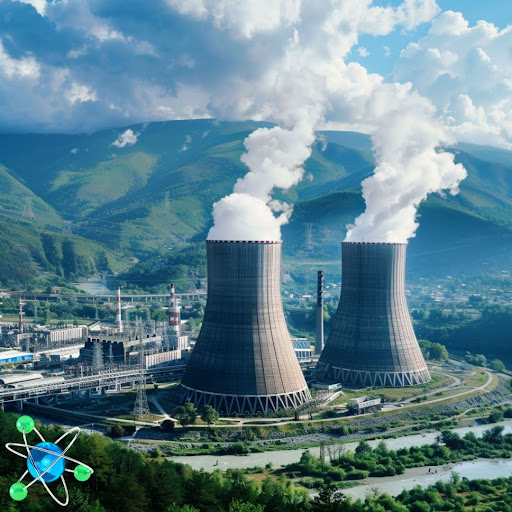
- Global nuclear energy sector experiences significant advancements with multi-billion euro contracts signed for reactor construction, expansions in manufacturing capacity, and international agreements for small modular reactor deployment.
- Key developments include Framatome’s contracts for EPR reactors in the UK, BWXT’s expansion in Canada, Holtec International’s collaboration in Ukraine, Sheffield Forgemasters’ qualifications for SMR fabrication, and the Czech Republic’s plans for four new nuclear power plants.
- Bipartisan legislation in the US aims to accelerate fusion energy development, reflecting a broader push towards cleaner, more sustainable energy solutions on a global scale.
Framatome, a French nuclear fuel cycle company, has secured multi-billion euro contracts with Sizewell C Ltd for the construction of two EPR reactors in the UK. These contracts encompass various aspects, including the delivery of nuclear heat production systems, safety instrumentation, long-term fuel supply, and maintenance services. This development marks a significant step in the UK government’s commitment to the Sizewell C nuclear new build project, furthering its involvement in achieving the country’s Net Zero target by 2050.
Meanwhile, in Somerset, England, BGEN has been awarded a contract to provide electrical and instrumentation solutions to the Hinkley Point C nuclear power station. This project, which involves the construction of two EPR reactors, underscores the ongoing efforts to expand nuclear energy infrastructure in the region.
In North America, BWX Technologies, Inc. is embarking on an expansion project for its Cambridge manufacturing plant to meet the increasing demand for Small Modular Reactors (SMRs) and large-scale nuclear reactors. This expansion, expected to create over 200 jobs, highlights the growing interest in nuclear energy solutions.
On the international front, Holtec International has signed an agreement with Energoatom in Ukraine to deploy small modular reactors (SMRs) and establish a manufacturing facility for nuclear energy-related equipment. This collaboration aims to bolster Ukraine’s energy security and economic development.
In the UK, Sheffield Forgemasters has received crucial qualifications to support the development of the next generation of civil nuclear power plants, particularly Small Modular Reactors (SMRs). This achievement positions the company as a key player in advancing nuclear energy technology.
Turning to Eastern Europe, the Czech government is proceeding with plans to build four new nuclear power plants, seeking bids from potential vendors to reduce costs through a “fleet approach.” South Korean and French consortiums are among those vying for the project, which could significantly impact the region’s energy landscape.
Finally, in the United States, bipartisan legislation has been introduced to accelerate the development of commercial fusion energy. The Fusion Energy Act aims to establish clear federal regulations to support the growth of the fusion energy sector, aligning with efforts to transition to cleaner energy sources.
These developments underscore the global momentum towards advancing nuclear energy infrastructure and exploring innovative solutions to meet growing energy demands while reducing carbon emissions.


